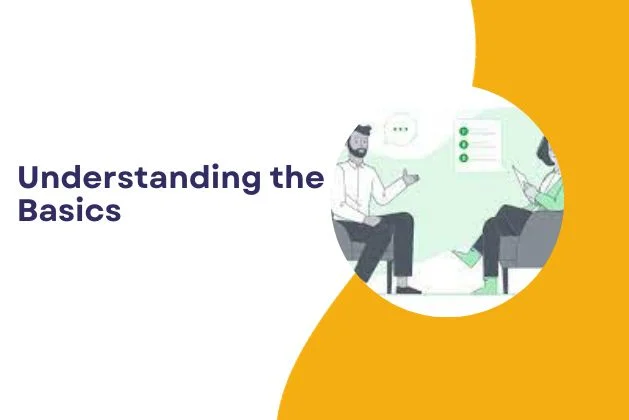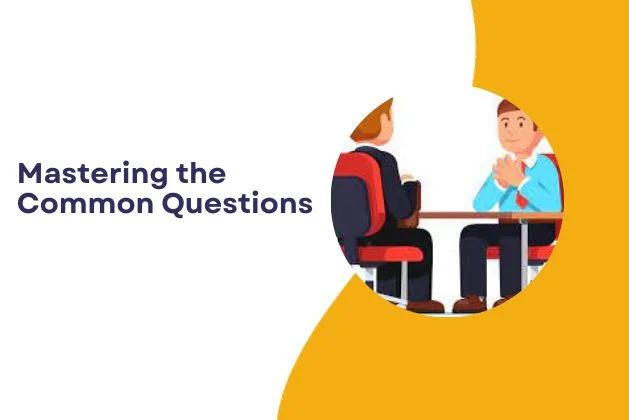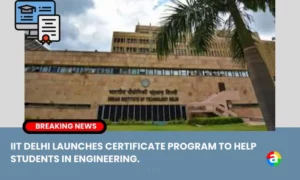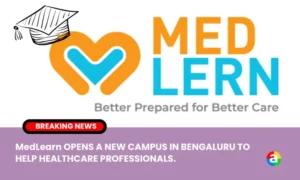Table of Contents
ToggleIntroduction
The transition into the professional world as a fresher can be an overwhelming experience, filled with a mix of excitement and anxiety.
One of the most important milestones in this journey is the job interview, where you have the opportunity to make a strong first impression and secure an entry into the industry.
However, this can also be a nerve-wracking experience, as it requires more than just showcasing your academic achievements.
Employers are also looking for soft skills such as communication, teamwork, and adaptability, along with enthusiasm and passion for the role.
To help you navigate through this crucial stage with confidence, we have put together a comprehensive guide on job interviews for freshers.
Whether it’s your first interview or you’ve had some prior experience, our aim is to provide valuable insights and tips on how to ace the process and stand out from other candidates.
We will delve into the intricate details of what employers look for in fresher candidates and how you can effectively highlight your strengths during the interview.
Understanding the Basics

Research the Company: Before heading into your interview, it is crucial to spend ample time conducting thorough research on the company you will be meeting with.
This includes delving into their background, values, and mission statement to gain a comprehensive understanding of their organization.
Additionally, familiarizing yourself with the industry in which they operate will also prove beneficial in preparing for your interview.
By taking the time to thoroughly research the company, not only will you impress your interviewer with your knowledge and dedication, but you will also be able to tailor your responses specifically to the company’s values and goals.
This level of preparation and attention to detail will demonstrate your genuine interest in the position and make a strong impression on the interviewer.
Furthermore, understanding the company’s values and mission can also provide insight into their culture and work environment.
This can help you determine if it aligns with your own values and if it would be a good fit for you professionally.
Know Your Resume: During your job interview, it is important to be fully prepared to discuss your resume in great detail.
This means not just simply listing off your past experiences and qualifications, but rather providing thorough explanations and elaborations that showcase your academic achievements, projects, internships, and relevant extracurricular activities.
The interviewer will likely want to delve deeper into these aspects of your resume in order to gain a better understanding of your skills and competencies.
It is crucial to be able to effectively highlight and articulate the significance of each entry on your resume.
For example, if you received any academic awards or distinctions, be sure to provide specific details about them such as the criteria for selection and how they have helped shape your academic journey.
Additionally, elaborate on any major projects or research you have completed, including the methodologies used and the outcomes achieved.
Mastering the Common Questions

Tell Me About Yourself: As you embark on the task of crafting a narrative that effectively showcases your strengths and qualifications, it is crucial to provide a concise yet compelling overview of your educational background, key skills, and relevant experiences.
This not only allows potential employers or academic institutions to gain a better understanding of your capabilities but also helps to highlight the unique value you bring to the table.
When outlining your educational background, it is important to not just list the schools you have attended and degrees earned, but also provide more context and detail.
This could include mentioning any notable projects or research you have undertaken, relevant coursework or specializations, and any academic achievements or honors.
Additionally, elaborating on how your education has equipped you with specific skills or knowledge interview that are directly applicable to your desired career path can greatly enhance the overall impact of your narrative.
Moving on to your key skills, it is important to not just list them out but also provide examples or instances where you have demonstrated these abilities.
Why Should We Hire You?: This is a valuable opportunity for you to truly showcase your exceptional and distinctive skills, while also providing a detailed explanation of how they are perfectly aligned with the specific needs and goals of the company.
It is crucial that you highlight and emphasize what sets you apart from other candidates, as this will be key in demonstrating your value and potential contribution to the organization. By delving into the specifics of your strengths and abilities, you can effectively illustrate why you are the ideal fit for this position and how your unique skills will bring significant added value to the company.
So take full advantage of this chance to truly shine and make a lasting impression on the hiring team.
Strengths and Weaknesses: When it comes to discussing our strengths and weaknesses in a job interview, it can be easy to fall into the trap of oversimplifying or sugar coating our answers.
However, it is important to strike a balance between being honest and also strategic interview in order to effectively showcase our qualifications and potential for growth.
One way to do this is by highlighting a genuine strength that directly relates to the job at hand.
This could be a specific skill or experience that you possess, such as strong communication skills or previous success in a similar role.
By highlighting this strength, you are showing the interviewer that you are well-equipped and capable of excelling in the position.
At the same time, it is equally important to acknowledge and discuss a weakness that you are actively working on improving.
This not only shows interview self-awareness and honesty, but also demonstrates your determination and willingness to learn and grow.
It is important to choose a weakness that is relevant to the job and explain how you are actively taking steps to address it.
Read About: Qualitative Methods of Demand Forecasting
Behavioral Questions

STAR Method: During the job interview process, it is common for employers to use behavioral questions as a way to gauge a candidate’s ability to handle different situations.
These types of questions are designed to assess not only a person’s technical skills and qualifications, but also their problem-solving abilities, communication skills, and overall approach to work.
To help you prepare for these types of questions, it is recommended to use the STAR method (Situation, Task, Action, Result) when structuring your responses.
This method provides a clear and organized framework for discussing past experiences and allows the interviewer to gain a deeper understanding of your thought process.
Firstly, when answering a behavioral question using the interview STAR method, you should start by describing the specific Situation or scenario that you were faced with in your previous role.
This could be anything from a challenging project deadline to a difficult team dynamic.
Next, outline the Task at hand – what was expected of you in this situation? What were your responsibilities and goals?
Examples from Past Experiences: Prepare examples from your academic and extracurricular experiences to illustrate your problem-solving skills, teamwork, and leadership abilities.
Technical Interviews
Review Technical Concepts: Depending on the role, you may face technical questions.
Review key concepts related to your field of study and be prepared to solve problems or discuss your approach to technical challenges.
Practice Coding: If applicable, practice coding exercises. Use platforms like LeetCode or HackerRank to sharpen your problem-solving skills.
Soft Skills and Etiquette
Communication Skills: Practice clear and concise communication. Avoid jargon and ensure that you can articulate your thoughts effectively.
Professional Etiquette: Dress appropriately, arrive on time, and demonstrate good manners. Remember to send a thank-you email after the interview expressing your gratitude for the opportunity.
Stay Calm and Positive: Interviews can be stressful, but try to remain calm and positive. Confidence is key, so believe in your abilities and approach each question with a positive mindset.
Continuous Improvement: Regardless of the outcome, view each interview as a learning opportunity. Seek feedback, identify areas for improvement, and adapt your approach for future interviews.
Conclusion
In conclusion, successfully navigating a job interview as a fresh graduate requires a multifaceted approach that includes thorough preparation, self-awareness, and effective communication skills.
It is important to not only have a strong grasp of the basics such as researching the company and practicing common interview questions, but also being able to confidently articulate your unique strengths and qualifications.
Additionally, continuously seeking ways to improve and refine your interviewing skills can greatly increase your chances of impressing potential employers.
Preparation is key when it comes to acing a job interview. This involves not only researching the company and its values, but also familiarizing yourself with the position you are applying for.
By understanding the specific requirements and responsibilities of the job, you can better tailor your responses to showcase how your skills and experience align with what the company is looking for.
Frequently Asked Questions (FAQs)
Keep it professional. Focus on your education, key skills, and relevant experiences. Connect your background to the job you’re interviewing for.
Highlight your unique skills and how they align with the company’s needs. Mention any specific achievements or experiences that set you apart.
Choose a strength relevant to the job and support it with an example. When discussing weaknesses, be honest but show how you’re actively working to improve.
Express ambition and a desire to grow within the company. Align your career goals with the opportunities the organization provides.
Show that you’ve researched the company. Discuss its values, mission, and how your skills can contribute to its success.
Use the STAR method (Situation, Task, Action, Result) to structure your response. Highlight your problem-solving and resilience skills.
Provide examples of situations where you successfully managed stress. Discuss your ability to stay focused and deliver results under pressure.
Mention academic achievements, projects, or any notable extracurricular activities. Quantify your achievements if possible.
Emphasize your ability to work well in both settings. Provide examples of successful collaboration in group projects or your self-motivation when working independently.
Research the industry beforehand. Discuss current trends, challenges, and how your skills can contribute to addressing industry-specific issues.



